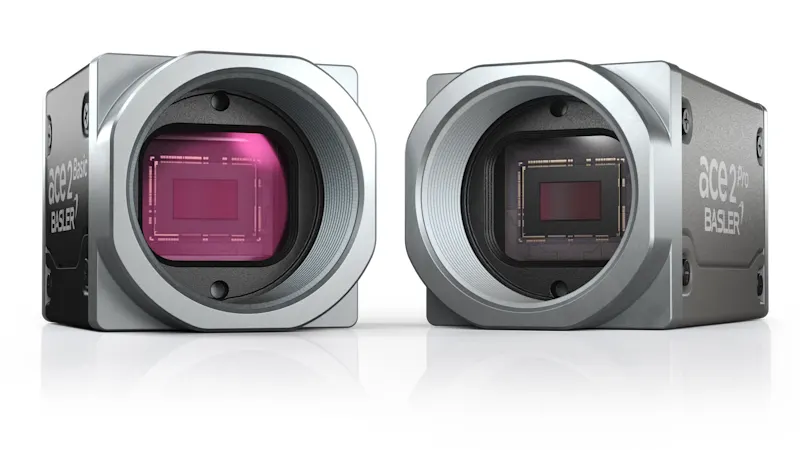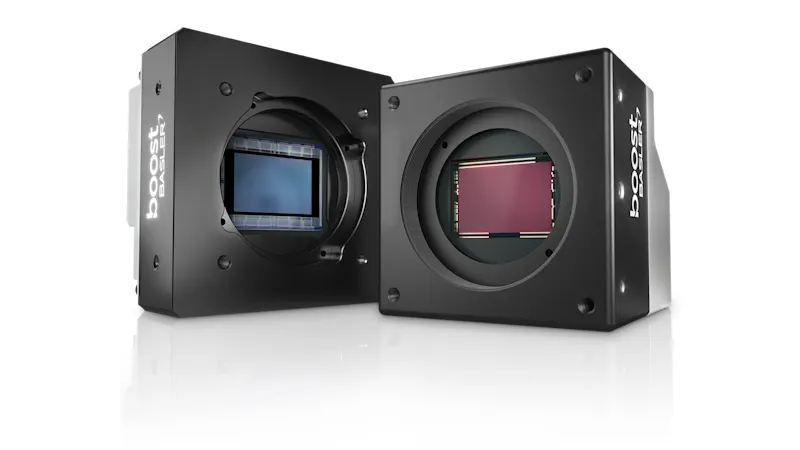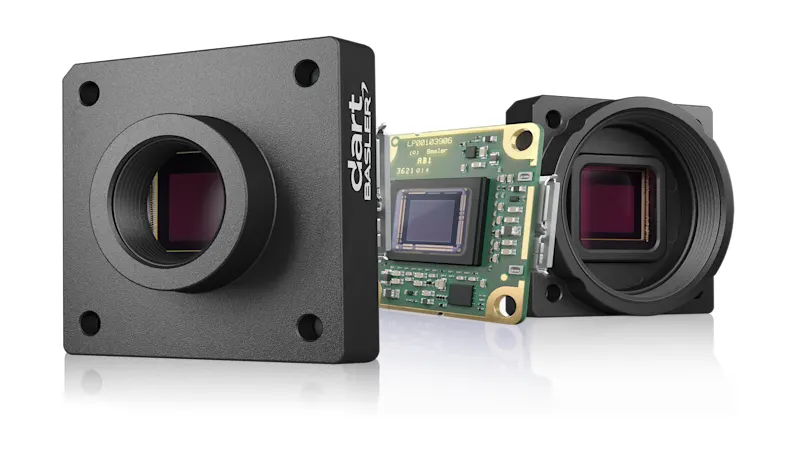Sony Pregius S : technologie de capteur avancée
Avec la 4e génération de ses capteurs CMOS à succès, Sony a une fois de plus placé la barre plus haut avec la gamme Pregius S. Après l’introduction de la première génération avec le capteur IMX174, les générations suivantes ont apporté des progrès continus en matière de qualité d’image et de facilité d’utilisation. Une grande variété d’applications dans le traitement d’images industrielles en bénéficient.
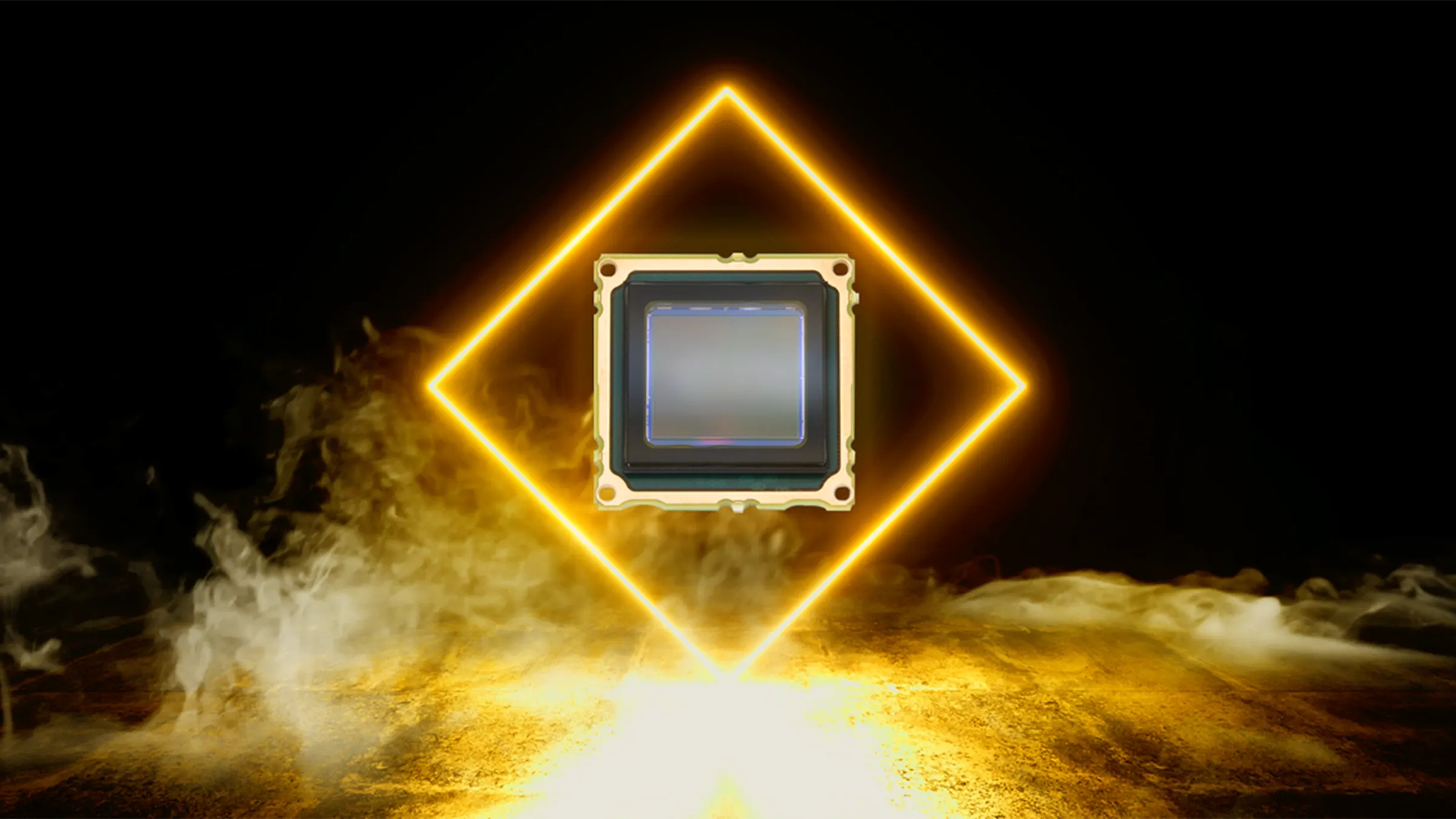
Que propose Pregius S ?
En résumé:
Petits pixels + capteur BSI + global shutter=> Large spectre de résolution, format compact et aucun artefact de mouvement
Avantages des capteurs Pregius S
Les capteurs Pregius S offrent quelques améliorations par rapport à leurs prédécesseurs en termes de résolution, de fonctionnalité, de qualité de traitement d’image et de valeur client.
Les caractéristiques les plus importantes en un coup d’œil :
faible prix par mégapixel: sa petite taille de pixel de seulement 2,74 μm permet d’avoir un plus grand nombre de pixels sur la surface de capteur disponible.
Large plage de résolution: de 5 MP à 24 MP, permet une détection plus précise des défauts, même pour les plus petits composants.
Moins de caméras par système: grâce à une excellente qualité et à un rapport qualité-prix de premier ordre, un appareil photo de 24 MP peut remplacer deux appareils photo de 12 MP, par exemple.
Global shutter: en combinaison avec l’éclairage arrière (BSI), cela garantit des images sans aucun artefact de mouvement, même à grande vitesse. Jusqu’à présent, les capteurs BSI n’étaient disponibles qu’avec un obturateur roulant (Sony STARVIS).
Formats de capteurs pour une utilisation versatilePar exemple :
16:9 pour de nombreuses applications dans le secteur du trafic & Transport
1:1 pour le médical & Applications dans le domaine des sciences de la vie, par exemple la microscopie
4:3 pour une résolution maximale à la limite de la monture C
Petite taille de pixel et de capteur : Idéal pour les caméras haute résolution au design compact
Fonctions de capteur puissantes, tels que plusieurs retours sur investissement avec jusqu’à 8x8 retours sur investissement, ce qui réduit les volumes de données et garantit des fréquences d’images plus rapides.
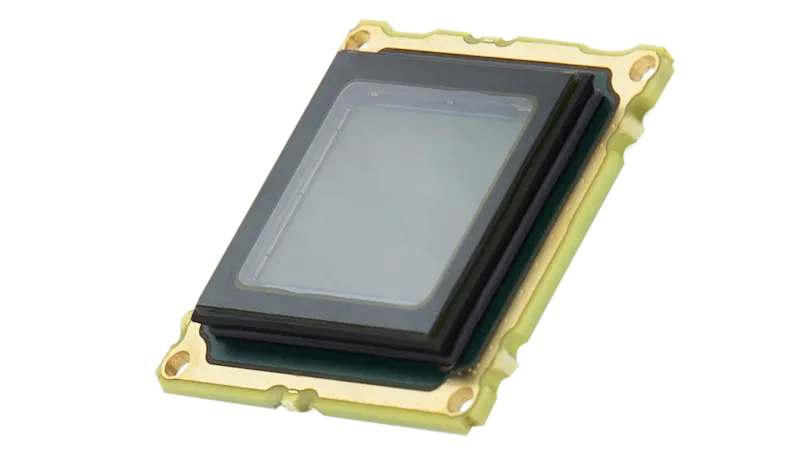
Précision et productivité accrues avec les capteurs Pregius S de Sony
Sony optimise l’architecture des pixels de ses capteurs BSI et offre des avantages clés : même les plus petites erreurs deviennent visibles et la productivité augmente. Cette technologie innovante permet une détection plus précise des défauts dans un espace réduit, tout en améliorant la sensibilité du capteur. De plus, l’augmentation de la fréquence d’images garantit une inspection plus efficace et des temps de traitement plus courts dans l’automatisation industrielle.
1. Détection plus précise des erreurs
Grâce à l’architecture de pixels modifiée des capteurs BSI, l’absorption de la lumière de chaque pixel peut être augmentée de manière à permettre l’absorption et le traitement de la lumière supplémentaire dans un espace plus petit, de sorte que la sensibilité considérable du capteur est maintenue malgré la petite taille des pixels. Dans le même temps, la zone du capteur existante est utilisée plus efficacement en incluant un plus grand nombre de pixels dans l’espace, ce qui augmente considérablement la résolution.
Résultat: Une solution de capteur compacte à haute résolution pour des tâches d’inspection précises.
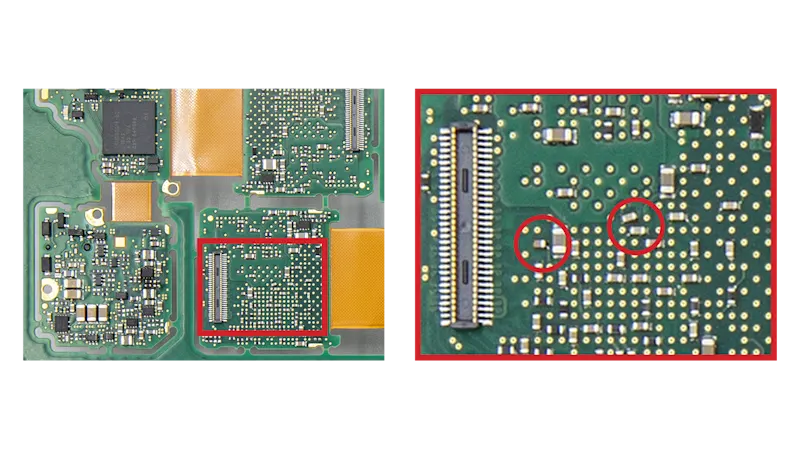
2. Augmentation de la productivité
La norme d’interface haute vitesse SLVS-EC (Scalable Low Voltage Signaling with Embedded Clock) développée par Sony augmente la fréquence d’images de lecture, à condition que l’interface de la caméra puisse gérer la bande passante (par exemple CoaXPress). Par rapport aux caméras à résolution inférieure, moins d’images sont nécessaires dans la même zone d’inspection.
Résultat: Un temps de traitement plus court lors des opérations d’inspection en cours et une augmentation des systèmes de productivité dans l’automatisation industrielle.
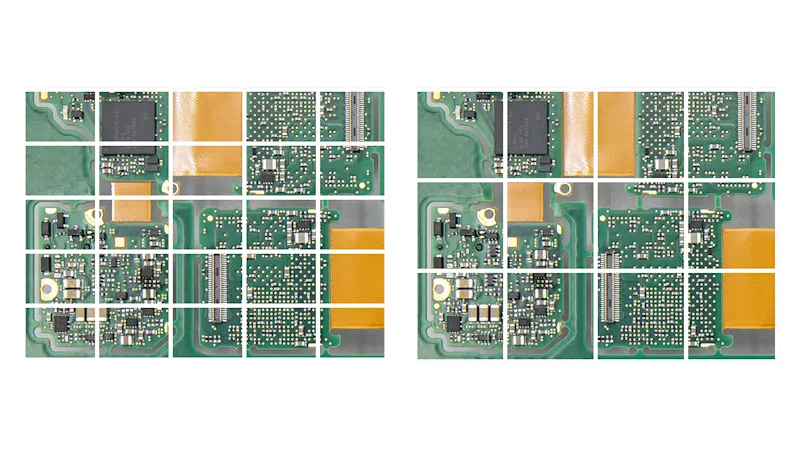
Pregius S – Résolution plus élevée, prix plus bas
En réduisant la taille des pixels dans les différentes générations de capteurs Pregius, la résolution augmente, tandis que le prix par mégapixel diminue. Le tableau suivant montre l’évolution de la Pregius S"" et illustre les progrès technologiques.
Génération de capteurs | Exemple : | Taille du pixel | Résolution | Prix par MP |
|---|---|---|---|---|
1. Gén. | Capteur IMX174 | 5,86 μm | 2,3 Mpx (1/1,2") | Pas bien |
2. Gén. | Capteur IMX253 | 3,45 μm | 12 Mpx (1,1") | bon |
3. Gén. | Capteur IMX420 | 4,5 μm | 7,1 Mpx (1,1") | neutre |
4. Gén. "Pregius S" | Capteur IMX541 | 2,74 μm | 20 Mpx (1,1") | Très bien |
Les modèles Pregius S : haut débit et standard
Sony propose ses capteurs Sony Pregius S avec deux réglages de vitesse et différentes résolutions.
La série à grande vitesse offre des fréquences d’images de 106 à 259 images par seconde et est donc bien adapté aux caméras dotées d’une interface CoaXPress 2.0 ou 10GigE :
IMX530 avec une résolution de 24 MP (5328 x 4608 pixels)
IMX531 avec une résolution de 20 MP (4512 x 4512 pixels)
IMX532 avec une résolution de 16 MP (5328 x 3040 pixels)
IMX535 avec une résolution de 12 MP (4096 x 3000 pixels)
IMX536 avec une résolution de 8 MP (2840 x 2840 pixels)
IMX537 avec une résolution de 5 MP (2448 x 2048 pixels)
Le Série Offre des fréquences d’images de 35 à 122 images par seconde. Ces capteurs à prix optimisés sont donc parfaitement adaptés aux appareils photo dotés d’une interface GigE ou USB 3.0 :
IMX540 avec une résolution de 24 MP (5328 x 4608 pixels)
IMX541 avec une résolution de 20 MP (4512 x 4512 pixels)
IMX542 avec une résolution de 16 MP (5328 x 3040 pixels)
IMX545 avec une résolution de 12 MP (4096 x 3000 pixels)
IMX546 avec une résolution de 8 MP (2840 x 2840 pixels)
IMX547 avec une résolution de 5 MP (2448 x 2048 pixels)
IMX548 avec une résolution de 5 MP (2448 x 2048 pixels)
IMX900 avec une résolution de 3 MP (2048 x 1536 pixels)
IMX487 (UV) avec une résolution de 8 MP (2840 x 2840 pixels)
Découvrez les possibilités des capteurs Sony Pregius S !
Les hautes résolutions permettent de détecter plus facilement les plus petits défauts dans les matériaux ou sur les surfaces. En combinant cette résolution maximale dans un format compact à monture C avec des taux de lecture d’images et de données élevés, ainsi qu’un enregistrement sans distorsion d’objets en mouvement grâce au global shutter, les nouveaux capteurs BSI de la série Pregius S offrent des performances convaincantes. De plus, ces qualités soutiennent les tendances croissantes vers une automatisation accrue de l’industrie 4.0 et la miniaturisation des composants et des systèmes.
